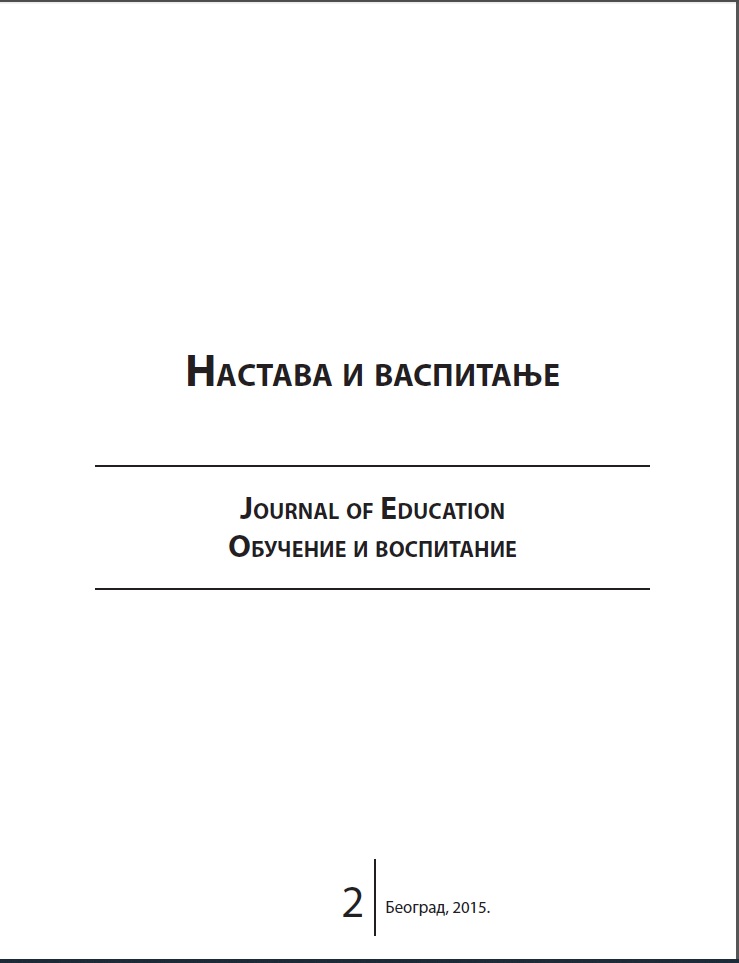The influence of multi-frontal teaching method on the effectiveness of the teaching process in the applied studies in technical sciences
The influence of multi-frontal teaching method on the effectiveness of the teaching process in the applied studies in technical sciences
Author(s): Dragan Novković, Ilija Ćosić, Nebojša Petrović, Olja JovanovićSubject(s): Education
Published by: Педагошко друштво Србије
Keywords: multi-frontal teaching method; effectiveness of the teaching method; selfefficacy; selfregulated learning; applied studies
Summary/Abstract: The orientation towards equity and quality in education clearly imposes the need for individual approach to each student separately. This situation is especially pronounced in the higher education institutions of applied studies in the field oftechnology, whose primary goal is very often individual training for use of highly specialized software and hardware tools. In such a situation it is necessary to move away from classical ex-cathedra methodology, and to develop student-centred learning environments. The multi-frontal teaching method was until now experimentally analyzed at the level of primary and secondary education in Serbia, where it shows results that suggest additional researchis warranted. The research presented in this paper aims to investigate the effectiveness of this method applied in higher education institution of applied studies in the domain of technology. Results of the conducted research indicate that the application of the multifrontal teaching method shows a positive effect on students’ performance, self-efficacy and overall sense of personal gain and satisfaction.
Journal: Nastava i vaspitanje
- Issue Year: 64/2015
- Issue No: 2
- Page Range: 301-312
- Page Count: 12
- Language: English

